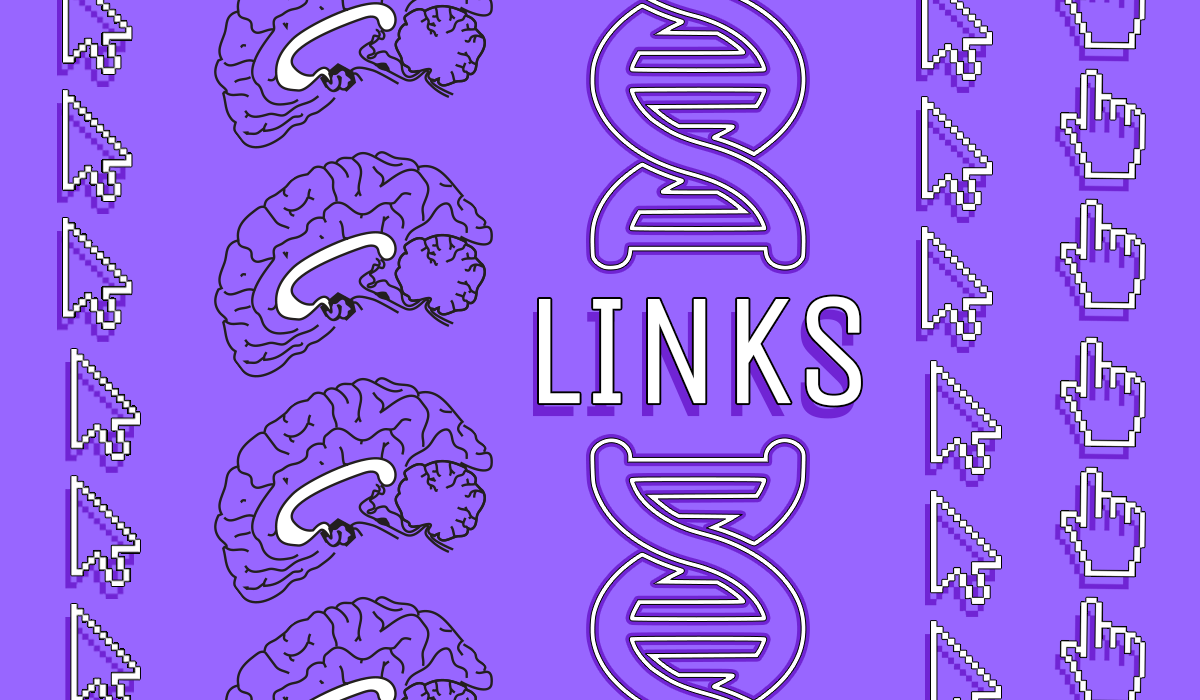LINKS - May 17th, 2023
Welcome to LINKS — my attempt to provide Rhapsody readers with five interesting stories that tell us something about what it means to be human. LINKS is published every Wednesday. Have a link you want to share? Drop it in the comments.
A new understanding of human origins in Africa
By McGill University, Phys.Org
“In a paper published today in Nature, an international research team led by McGill University and the University of California-Davis suggest that, based on contemporary genomic evidence from across the continent, there were humans living in different regions of Africa, migrating from one region to another and mixing with one another over a period of hundreds of thousands of years. This view runs counter to some of the dominant theories about human origins in Africa.”
The oldest scaled-down drawings of actual structures go back 9,000 years
“Carvings on these stones depict nearby desert kites, massive structures once used to capture animal herds, scientists report May 17 in PLOS ONE. Desert kites consist of stone walls up to five kilometers long that narrow into large enclosures surrounded by pits where hunters trapped animals, such as gazelles and deer (SN: 4/18/11). Kite depictions at the two sites closely resemble the shape, layout and proportions of desert kites found close by, archaeologist Rémy Crassard and colleagues say.”
Baboons can recover from childhood trauma with a little help from their friends
By Laura Baisas, Popular Science
“Studies have consistently found that people who go through more bad experiences growing up, such as neglect or abuse, are more likely to die early. However, the mechanisms behind how early adversity leads to a premature death has been harder for researchers to pin down, according to Alberts. Some of the limitations to earlier research is the reliance on self-reported memories which can be imprecise and subjective.
“Enter our primate cousins. Baboons share more than 90 percent of their DNA with humans and researchers have followed individual baboons near Amboseli National Park in Kenya since 1971.”
A New Scientific Explanation for Why We Worry
By Arash Emamzadeh, Psychology Today
“To illustrate, being informed that you no longer have a job may be experienced as less unpleasant if you had been already feeling apprehensive and worried about the possibility of getting laid off. This occurs because there is less of a contrast between your feelings before and after receiving the news.
“What if the news is positive (i.e. your job is safe)? This will result in a larger positive contrast. After all, if you were feeling nervous or distressed, the good news may result in a sense of relief and joy. However, if you were already happy, then you may not feel much better upon hearing that your job is safe.”
Rational Magic: Why a Silicon Valley culture that was once obsessed with reason is going woo
By Tara Isabella Burton, The New Atlantis
“You might call it the postrationalist turn: a cultural shift in both relatively “normie” and hyper-weird online spaces. Whether you call it spiritual hunger, reactionary atavism, or postliberal epistemology, more and more young, intellectually inclined, and politically heterodox thinkers (and would-be thinkers) are showing disillusionment with the contemporary faith in technocracy and personal autonomy. They see this combination as having contributed to the fundamentally alienating character of modern Western life. The chipper, distinctly liberal optimism of rationalist culture that defines so much of Silicon Valley ideology — that intelligent people, using the right epistemic tools, can think better, and save the world by doing so — is giving way, not to pessimism, exactly, but to a kind of techno-apocalypticism. We’ve run up against the limits — political, cultural, and social alike — of our civilizational progression; and something newer, weirder, maybe even a little more exciting, has to take its place. Some of what we’ve lost — a sense of wonder, say, or the transcendent — must be restored.”



